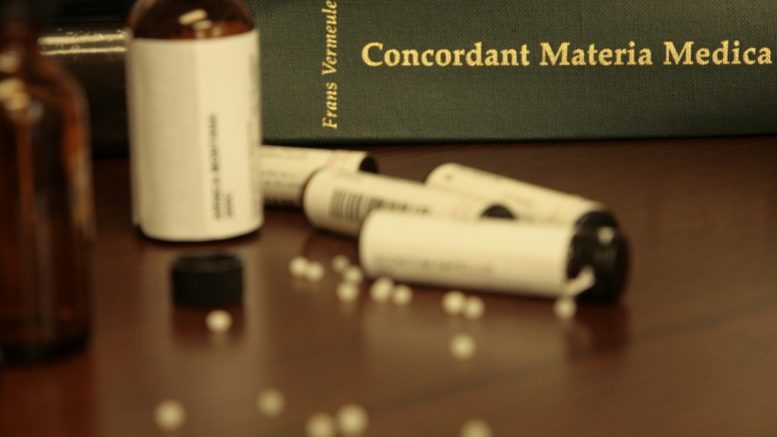In 1796, Samuel Hahnemann developed an alternative medical practice based on two main principles:
- Law of infinitesimals; this principle states that the more diluted substance has more potent
- “like-cures-like” (similia similibus curentur); diluted form of substance that causes symptoms in healthy people can treat illness
Since then, homeopathy was a known and non-popular medical practice. For the last 10 years, homeopathic drugs market expended to about $3 billion industry and caused an interest in alternative drugs.
Nowadays, homeopathic drug products can be found in almost every local retail or drug store. They can be prepared from a wide variety of sources: starting with plants and ending with animal secretions.
FDA’s policy for homeopathic drugs
Like any other medication available on the market, homeopathic drugs should be controlled by the FDA as well. However, these products were released without FDA approval under the FDA’s enforcement policies.
This situation was stable from 1988 till 2015. In 2015, the FDA started to review its policies regarding homeopathic products.
During this 90-day period, the FDA plans to become more proactive towards homeopathic products that fall under the certain criteria and outlined in their new policy:
- Products for routes of administration differ from topical or oral
- Homeopathic products with any safety concerns
- Products with ingredients that associated with safety concerns
- Products that don’t meet required standards of purity, strength or quality
The proposed policy would clarify how the agency would exercise its enforcement authority. The agency could send warning letters to companies whose products don’t work like they say they do. Even if the products may not harm patients, they may not help and even prevent them from receiving other treatments.
The new policy will clarify how the FDA will exercise its authority. It can be warning letters that the agency will send to companies that produce homeopathic drugs that don’t work like they should.
Even if these products don’t harm patients and do nothing, they can also prevent them from taking other treatment that can be effective.
Scott Gottlieb, the FDA Commissioner, said in the statement that their approach to regulating homeopathic products must evolve to reflect the complexity of the market by taking a more risk-based approach to enforcement.
He also said that they respect that some individuals want to use alternative treatments, but the FDA has a responsibility to protect the public from non-benefit and potentially harmful products.
FDA warning letter
In 2010, the FDA found that Hyland’s Teething Tablets contained inconsistent levels of belladonna and indicated substandard control of the manufacturing.
Six years later, in 2016, the similar situation occurred and the agency warned against homeopathic gels and tablets from the same company. Those homeopathic products were associated with adverse events in children and infants.
Over the past years, the FDA has issued warning letters to homeopathic drug companies. Some anti-asthma homeopathic products were not effective in treating asthma, some of the intranasal products caused a loss of smell and contained zinc (“Zicam Cold Remedy”).
Other homeopathic drugs, labeled to contain potentially toxic ingredients, were also reviewed by the agency and the warning letter was sent to the manufacturer.
Warning letters can be not the only option if the policy will be changed. As for now, the FDA encourages public comments during the 90-day comment period.
On the top of that, healthcare professionals and patients can report quality issues and side effects of homeopathic drugs to the FDA’s MedWatch program.
It can be done online at www.fda.gov/medwatch/report.htm or by downloading, completing and submitting the form via fax at 1-800-FDA-0178.





Be the first to comment on "The FDA Reviews Its Approach to Homeopathic Drugs"